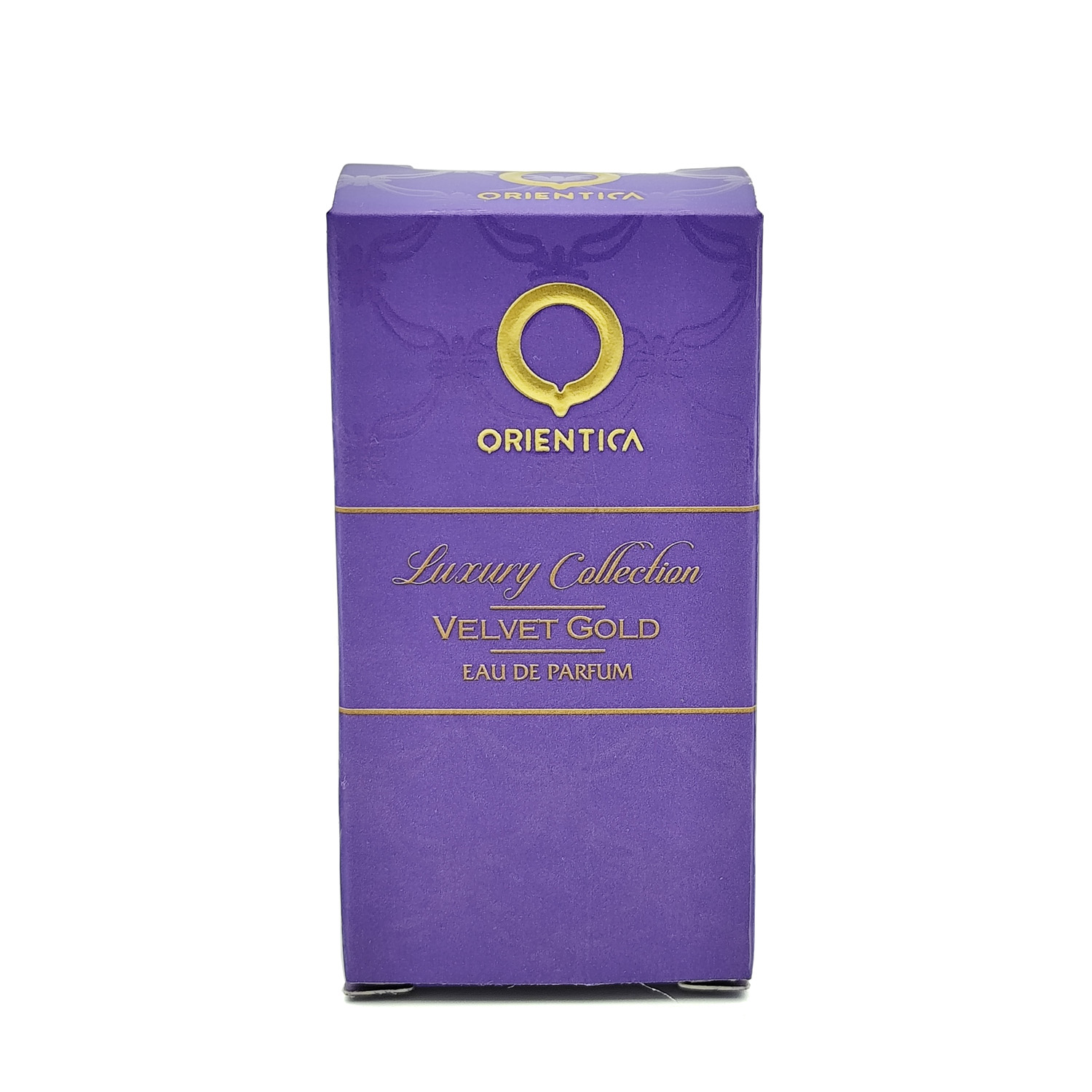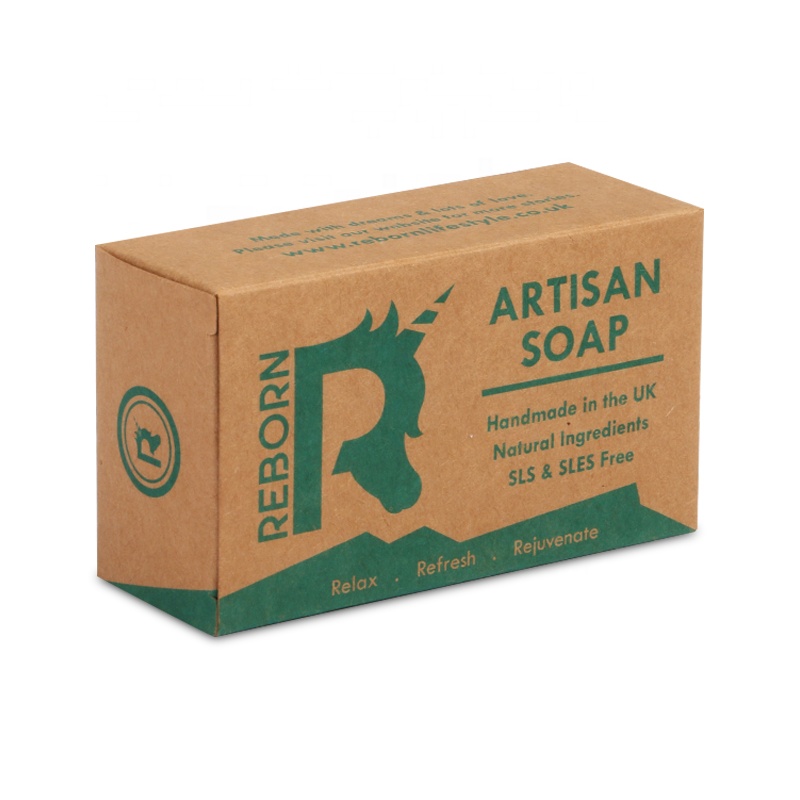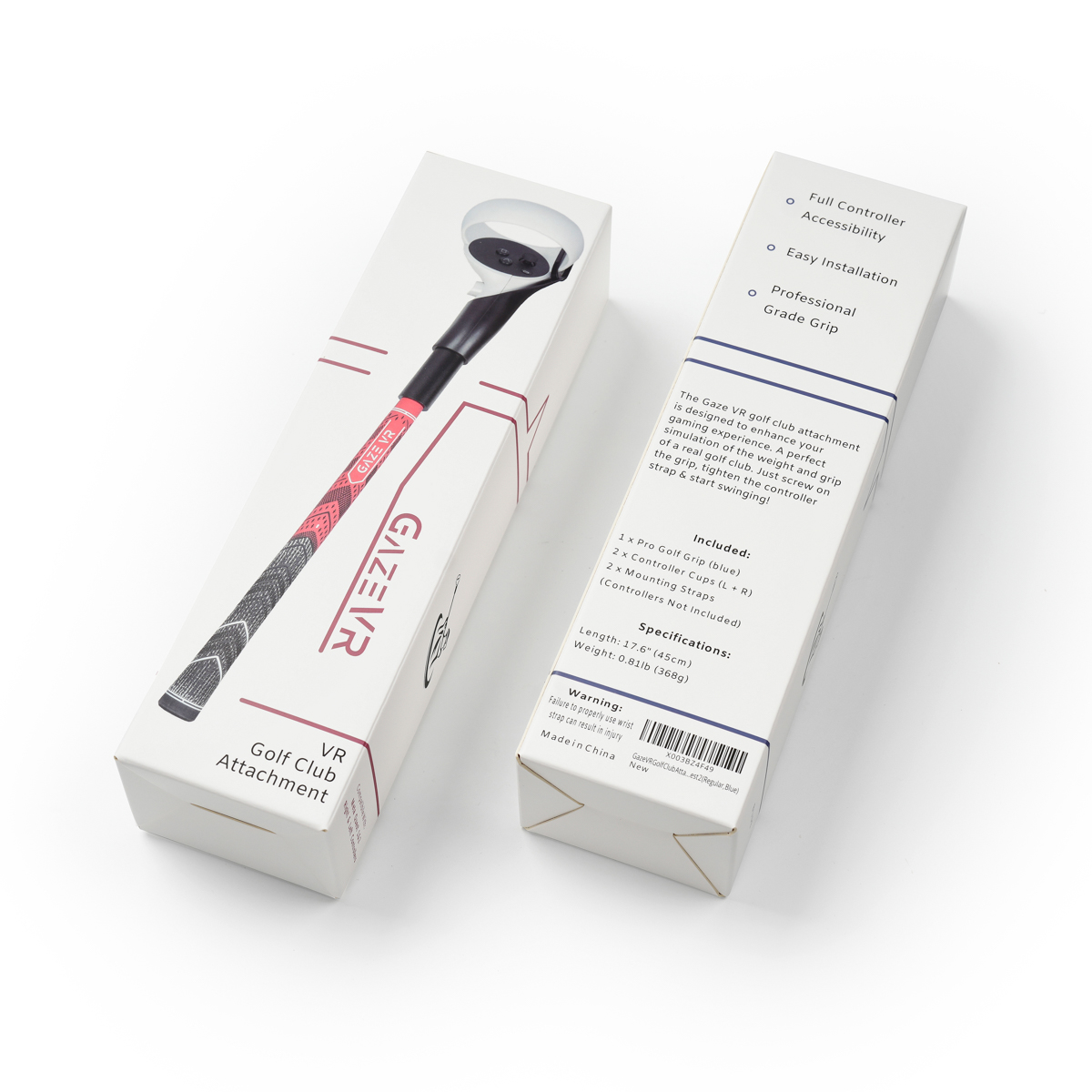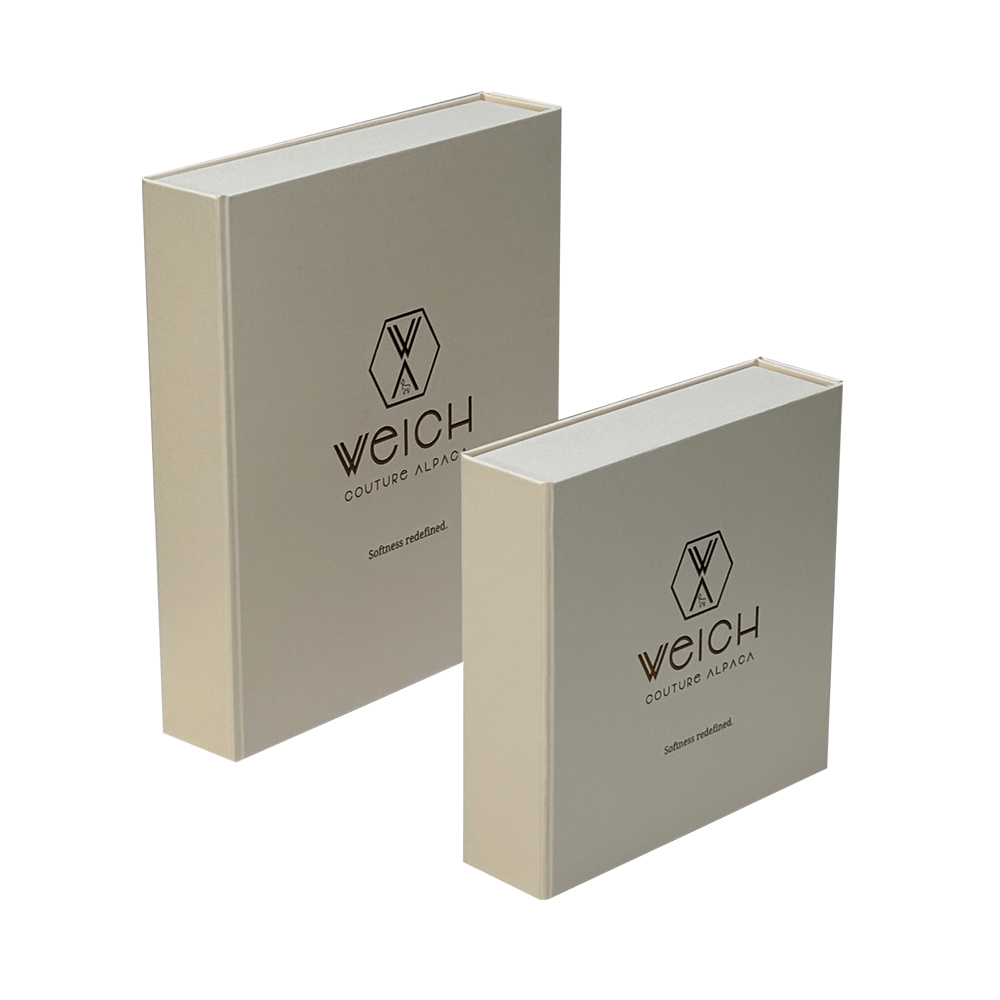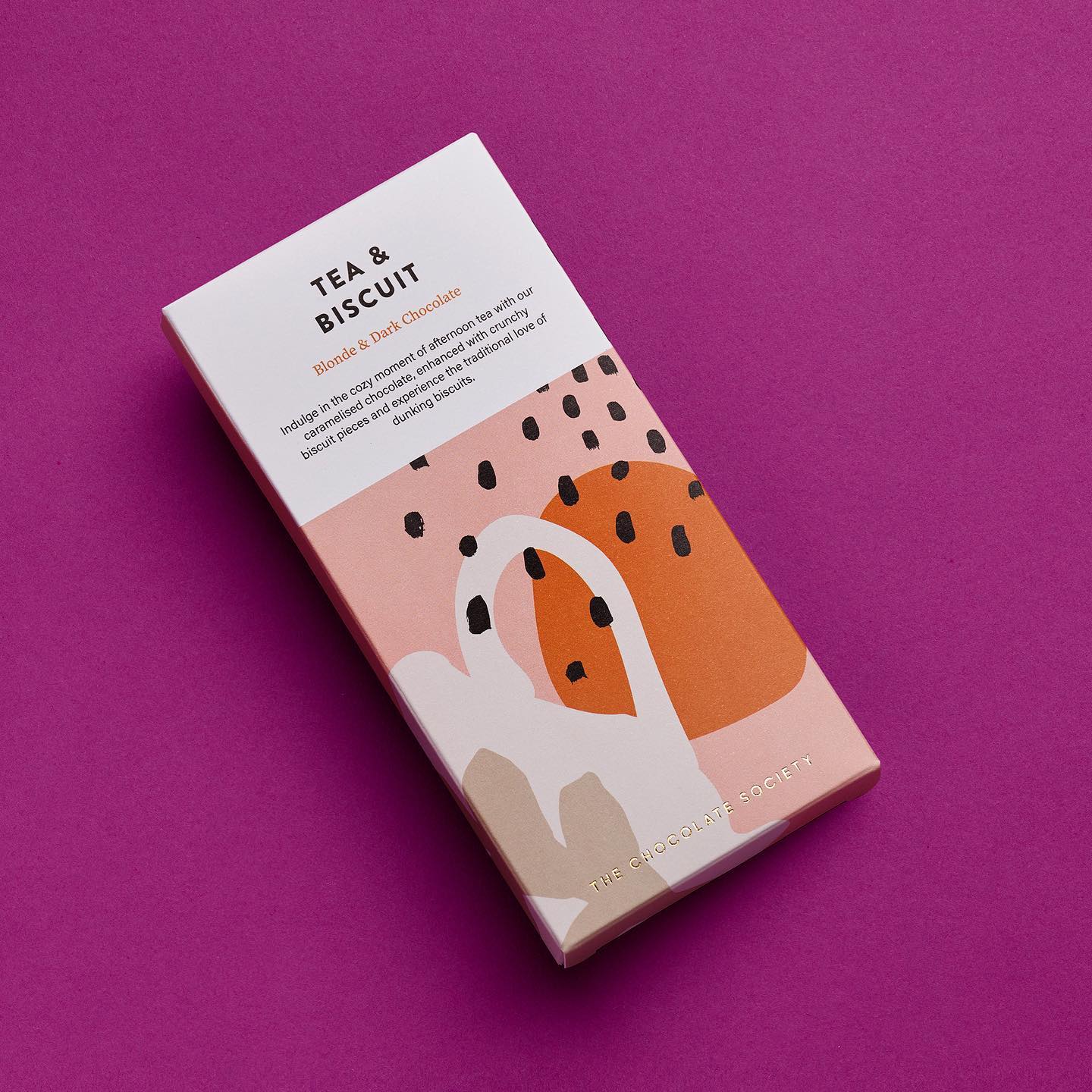Съдържание
As environmental concerns continue to grow, companies across industries are taking a more proactive approach to minimize their ecological impact. The cosmetics industry, in particular, has seen a notable shift towards adopting sustainable packaging practices. As customers demand more eco-conscious products, it is crucial for brands to meet these expectations and implement environmentally friendly solutions in their packaging.
This article explores the significance of sustainable packaging in the cosmetics sector and how adopting such practices can not only benefit the environment but also enhance customer loyalty, strengthen brand identity, and boost sales. Read on to learn why sustainability in cosmetic packaging is vital and how it’s becoming a competitive advantage for many brands.

1. Why Sustainable Packaging Matters in Cosmetics
Sustainability has become a key consideration for both consumers and brands in the cosmetics industry. As more people become aware of the environmental consequences of their choices, many are factoring sustainability into their purchasing decisions. A 2021 study in the UK found that 58% of consumers purchased sustainable beauty products specifically because they were “better for the environment and nature.” This statistic highlights the increasing importance of sustainable packaging to modern consumers.
Customers are no longer satisfied with just good products; they are demanding more transparency about the sourcing of ingredients, the ethics behind production, and the environmental impact of the packaging. With the cosmetics industry traditionally relying heavily on plastics and non-recyclable materials, it has become clear that change is needed. Cosmetic packaging, which is often discarded after use, has a significant impact on the environment. By shifting to sustainable packaging, cosmetics companies can reduce their ecological footprint and meet consumer demand for more responsible products.
Brands that prioritize sustainable packaging not only contribute positively to the environment but also resonate with a growing market of environmentally conscious consumers, thus reinforcing brand loyalty and increasing consumer trust.
2. Eco-Friendly Packaging Materials for Cosmetics
The materials used in packaging play a significant role in reducing the environmental impact of cosmetic products. While plastic has long been the go-to material in the industry, there is now a shift toward more sustainable alternatives that are either recyclable, biodegradable, or sourced from renewable materials. Let’s explore some of the most effective eco-friendly packaging options available for the beauty industry:
Bamboo Packaging: Bamboo is a fast-growing, renewable resource that is biodegradable and compostable. It is increasingly being used for packaging cosmetics due to its sustainable qualities. Bamboo packaging is durable and offers a unique, natural aesthetic that can appeal to eco-conscious consumers.
Paper Packaging: Paper is a widely used, recyclable material that, when sourced responsibly, can be an environmentally friendly option. It is commonly used for product boxes, labels, and wrapping. Brands can opt for recycled paper or paper from sustainable forests to minimize their environmental impact.
Refillable Packaging: Refillable packaging allows consumers to reuse containers by offering product refills. This significantly reduces waste and encourages a more sustainable cycle of consumption, appealing to customers who want to minimize their environmental footprint.
Beeswax Packaging: Beeswax is a natural, renewable, and biodegradable alternative to plastic. It is used for wrapping and packaging cosmetics in a sustainable, eco-friendly way. Beeswax also has natural antimicrobial properties, which can be beneficial in cosmetic packaging.
Incorporating these materials into your cosmetic packaging not only helps protect the environment but also shows your customers that you are committed to sustainability, which can foster brand loyalty and trust.
3. Overcoming Challenges in Sustainable Packaging Implementation
Despite the clear environmental and consumer benefits, the cosmetic industry faces several challenges when it comes to implementing sustainable packaging solutions. These obstacles can include higher production costs, the limited availability of eco-friendly materials, the need for specialized manufacturing processes, and the challenge of ensuring that the packaging still protects the product effectively during transport and storage.
For brands looking to implement sustainable packaging, it’s important to take a gradual approach. Start by making small changes and scale up as you gain experience and access to better resources. Collaborating with sustainability experts and environmental organizations can help you stay up to date with the latest technologies, materials, and strategies for eco-friendly packaging.
Another key factor in overcoming these challenges is consumer education. Many consumers may not be fully aware of how to properly dispose of or recycle sustainable packaging materials. By clearly labeling packaging with disposal instructions and educating customers about the environmental benefits of these materials, companies can foster greater acceptance of sustainable practices.
4. Sustainable Packaging Success Stories in the Cosmetics Industry
Several cosmetic brands have taken the lead in adopting sustainable packaging practices, proving that it is possible to implement eco-friendly solutions while maintaining product quality and consumer satisfaction. Here are a few notable examples of brands that have successfully integrated sustainable packaging into their operations:
- LUSH – Lush is a trailblazer in sustainability, recycling 90% of its packaging and even operating a store in Manchester that sells products with no plastic packaging.
- Herbivore – This beauty brand uses recyclable glass packaging and ensures that its products are free from fossil fuel derivatives.
- Giorgio Armani – Giorgio Armani is committed to sustainability, investing £7 million in clean water projects through its Acqua for Life initiative.
- L’Occitane – L’Occitane has been advocating for sustainability since the 1990s and has committed to using 100% recycled plastic bottles by 2025.
- Clarins – Clarins is part of the Plastic Odyssey challenge to raise awareness about plastic waste and promotes biodiversity with bee hives at its Paris headquarters.
These brands show that sustainability isn’t just a trend—it’s a long-term commitment that can lead to greater consumer trust, improved brand reputation, and even financial success. By following their example, more brands can contribute to a more sustainable future for the cosmetics industry.
5. Consumer Demand for Sustainable Packaging in Cosmetics
The growing trend towards sustainability in the cosmetics industry is largely driven by changing consumer preferences. Today’s consumers are more concerned about the environmental impact of the products they purchase. They want to know that the brands they support are making an effort to reduce waste, conserve resources, and use eco-friendly materials.
Consumers are also becoming more conscious of the entire lifecycle of a product, from production to disposal. As a result, many are now opting for beauty products with minimal, recyclable, or compostable packaging. Brands that prioritize sustainable packaging are not only helping the environment, but they are also catering to a key demographic of eco-conscious consumers, which can drive sales and increase brand loyalty.
6. The Future of Sustainable Packaging in the Cosmetics Industry
The future of cosmetic packaging lies in the continued adoption of sustainable solutions. As more consumers demand eco-friendly products and companies strive to meet these demands, innovations in packaging materials and design will continue to evolve. We are likely to see an increasing use of biodegradable and recyclable materials, alongside smarter packaging solutions that reduce waste.
In the coming years, we may also see greater collaboration between beauty brands and environmental organizations to develop new, more sustainable packaging technologies. The key to success will be balancing sustainability with functionality and affordability to ensure that both brands and consumers can benefit from these innovations.
Beauty & Cosmetic Packaging FAQs
What is sustainable packaging in the cosmetics industry?
Sustainable packaging refers to the use of materials and production methods that have minimal impact on the environment. This includes using recyclable or biodegradable materials, reducing excess packaging, and creating refillable or reusable packaging systems. Sustainable packaging practices help reduce waste and promote environmental responsibility.
Why is sustainable packaging important in cosmetics?
Sustainable packaging is important because it helps reduce the environmental impact of cosmetics products. The cosmetics industry is known for its excessive use of plastics, which contribute to pollution. By adopting sustainable packaging, brands can help minimize waste, reduce carbon emissions, and meet the growing demand from eco-conscious consumers.
What are the most popular sustainable packaging materials used in cosmetics?
Some popular sustainable packaging materials used in the cosmetics industry include post-consumer recycled materials, bamboo, glass, aluminum, beeswax, and cornstarch. These materials are either recyclable, biodegradable, or derived from renewable sources, offering an eco-friendly alternative to traditional plastic packaging.
Conclusion: The Role of Sustainable Packaging in the Future of Cosmetics
Sustainable packaging in the cosmetics industry is more than just a trend—it’s a necessary shift towards a more responsible and environmentally conscious future. By adopting eco-friendly materials and sustainable practices, cosmetic brands can reduce their ecological footprint, meet consumer demand, and create products that align with customers’ values. As demonstrated by companies like Lush, Herbivore, and Giorgio Armani, integrating sustainable packaging into your business strategy is not only good for the planet but also for your bottom line.
With the growing pressure from consumers and environmental challenges ahead, the cosmetics industry must continue to innovate and prioritize sustainability in packaging. By doing so, brands can lead the way towards a greener future while building a loyal customer base and gaining a competitive edge in the marketplace.


